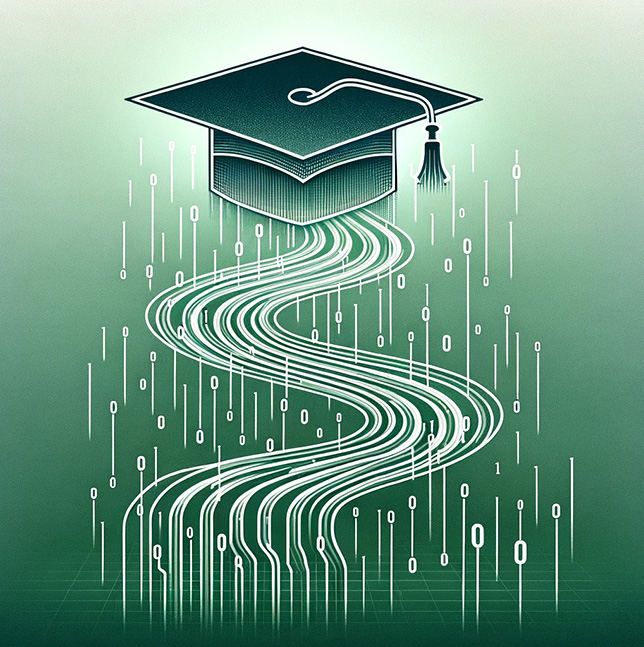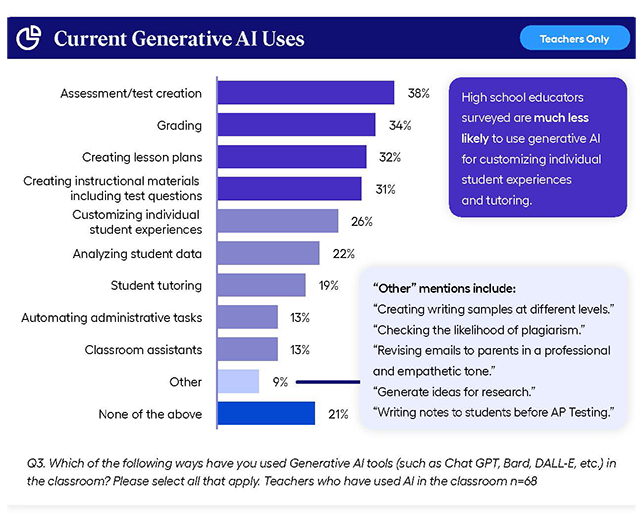
A recent study on the "digital divide" among high school students shows improving device access, but persistent barriers for historically underprivileged populations.
Through a partnership between Verizon and Digital Promise, 34 Title I schools will join Verizon's 2024-25 Innovative Learning Schools (ILS) program to provide technology, internet access, and professional development as part of its Citizen Verizon initiative.

Education equity organization Lumina Foundation has awarded grants to seven higher learning institutions or agencies as part of its "Great Admissions Redesign" challenge. The grants will help fund initiatives that seek to "reduce barriers to admission and promote inclusivity."

The nonprofit Equal Opportunity Schools (EOS) has collaborated with mission consultancy company Intentional Futures (iF) to design a rubric for scoring the mission-driven use of AI in educational institutions, nonprofits, and ed tech companies.
Beginning in funding year 2024, K–12 school districts may use E-rate funding for school bus-based Wi-Fi, connecting students on long bus rides — and, in some districts, connecting students in homes with no internet service — just as the Emergency Connectivity Fund expires.
In its fourth and final report on K–12 school district internet connectivity, Connected Nation's (CN) Connect K–12 program tracked a 57.4% increase in the three years since 2020, and now 74% of the nation's school districts meet or exceed the FCC's 1 Mbps bandwidth per student goal, an increase of over 5 million students since 2022.
According to data released by the National Center for Education Statistics (NCES), the vast majority of public schools offer summer and after-school programs, many with an academic focus, taught by full-time teachers, and most at no cost to families, but overall participation is low.

Digital curriculum provider Imagine Learning, in a new survey of K–12 educators’ perceptions and uses of generative AI, found that 90% of respondents believe the technology has the potential to make education more accessible for students who need personalized learning methods.
Ed tech nonprofit Michigan Virtual is adding an AI Lab to its Michigan Virtual Learning Research Institute to explore the practical and ethical applications of generative AI in K–12 educational settings, according to a news release.